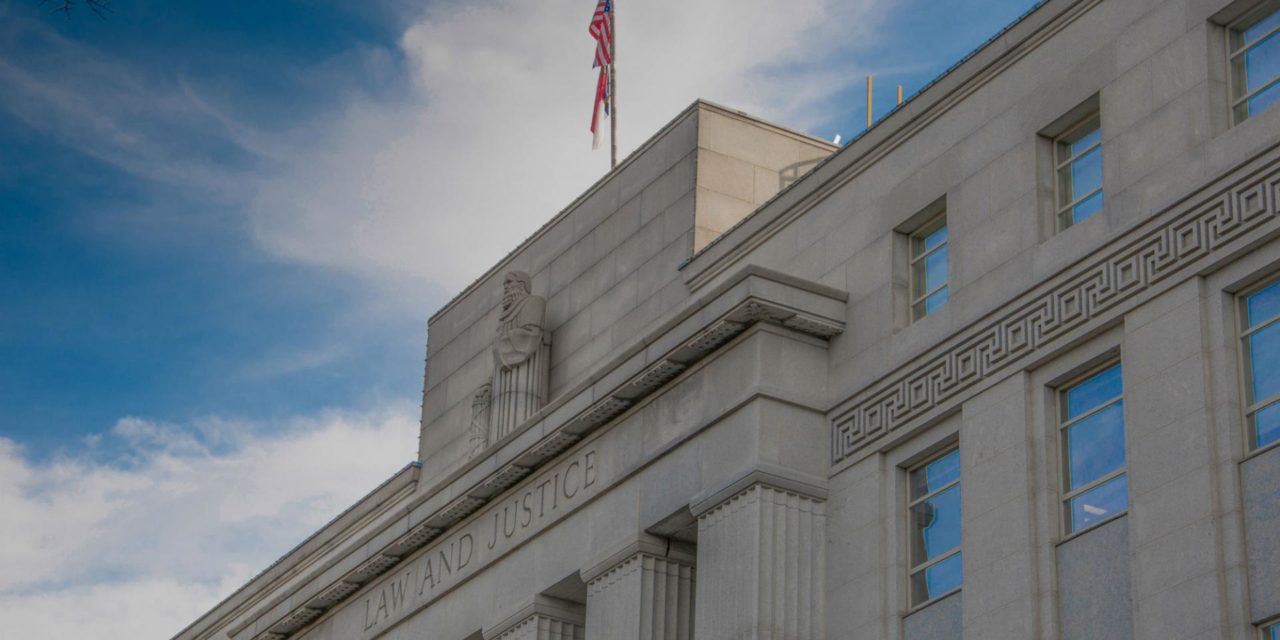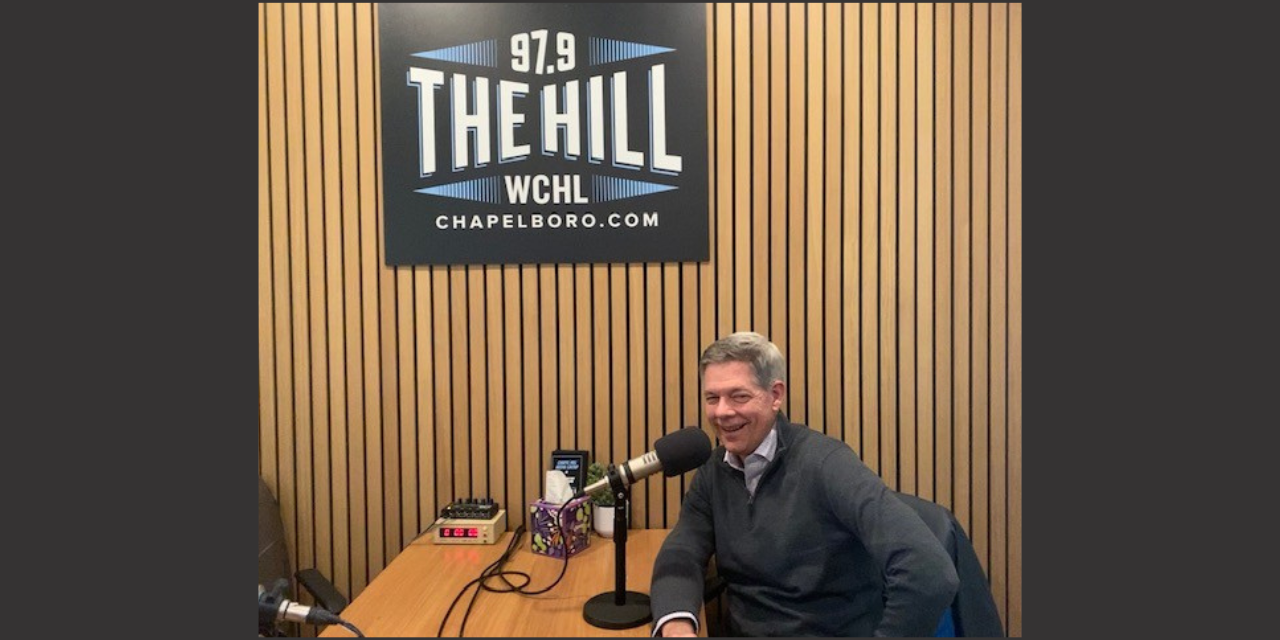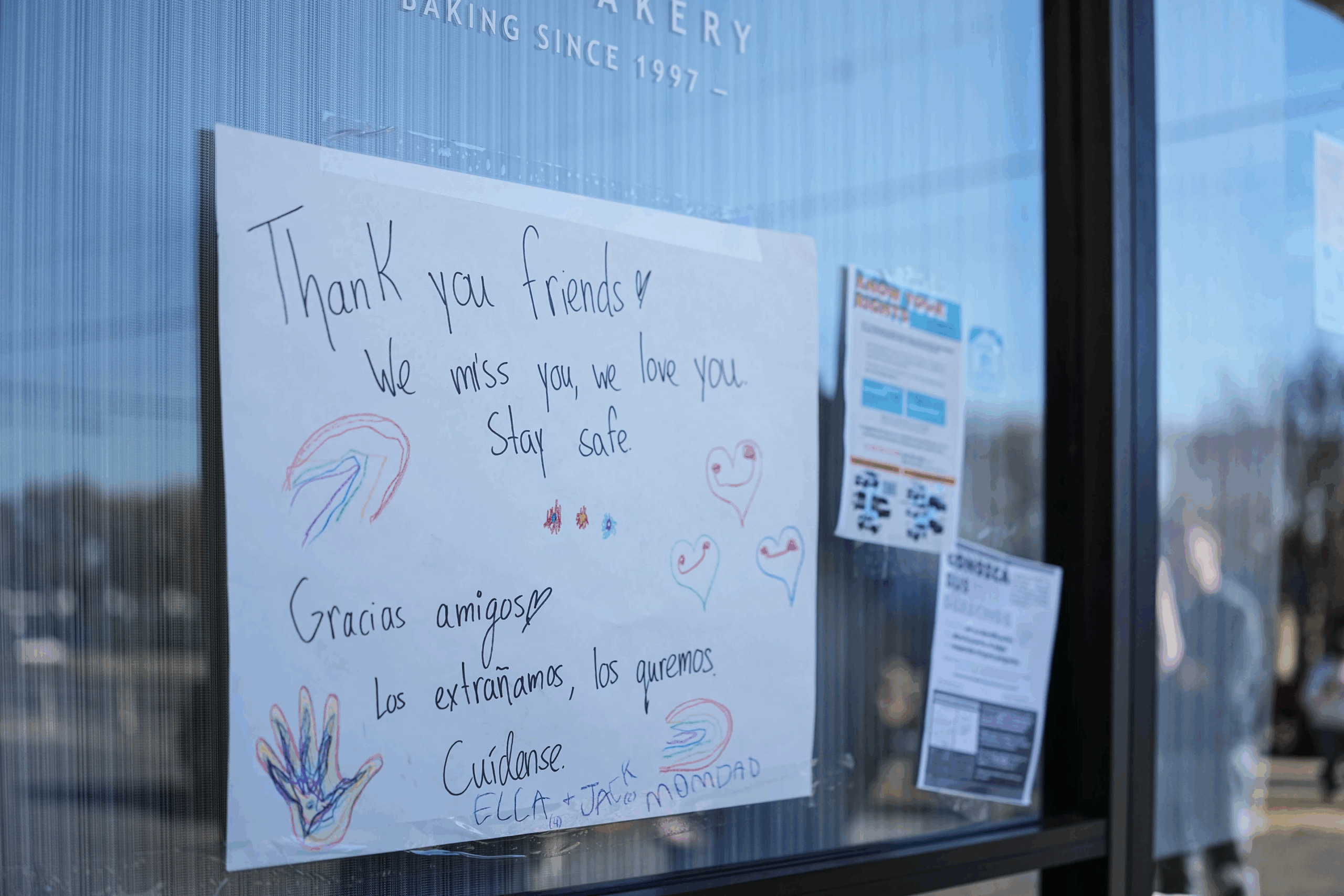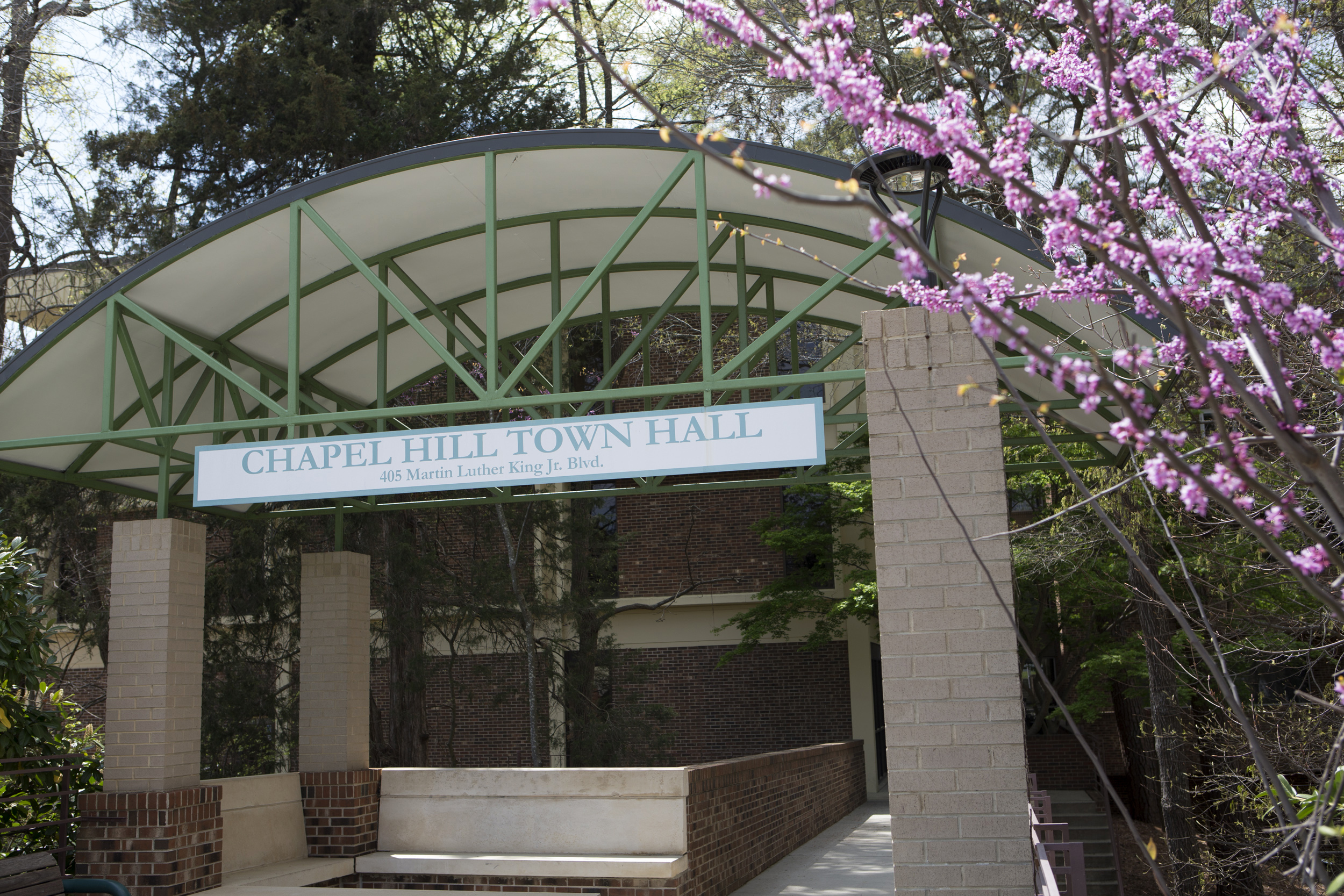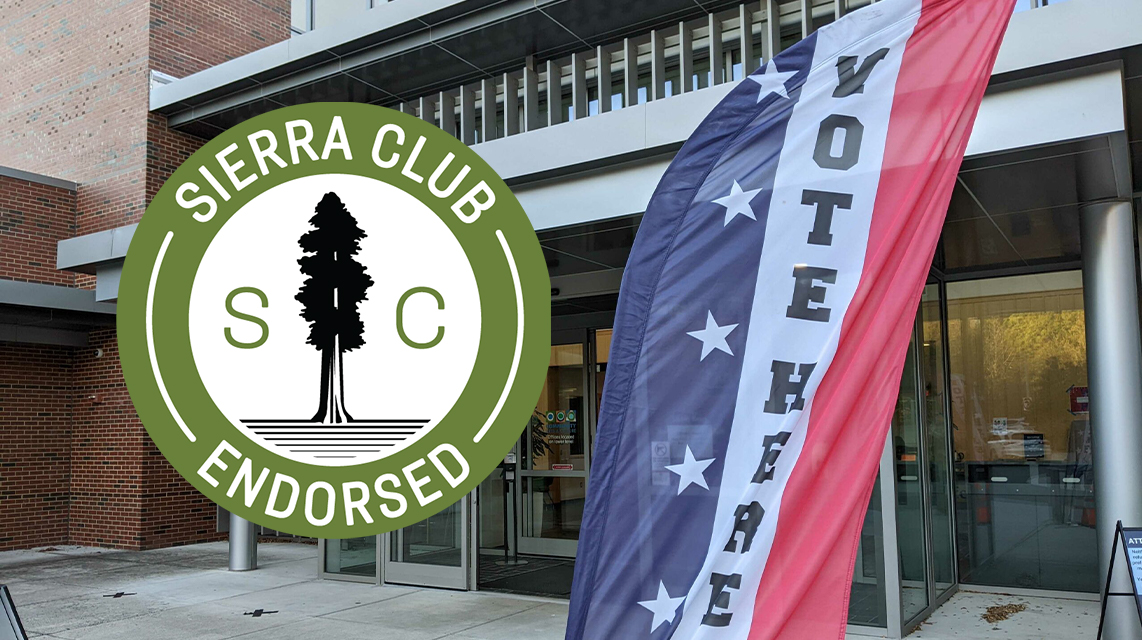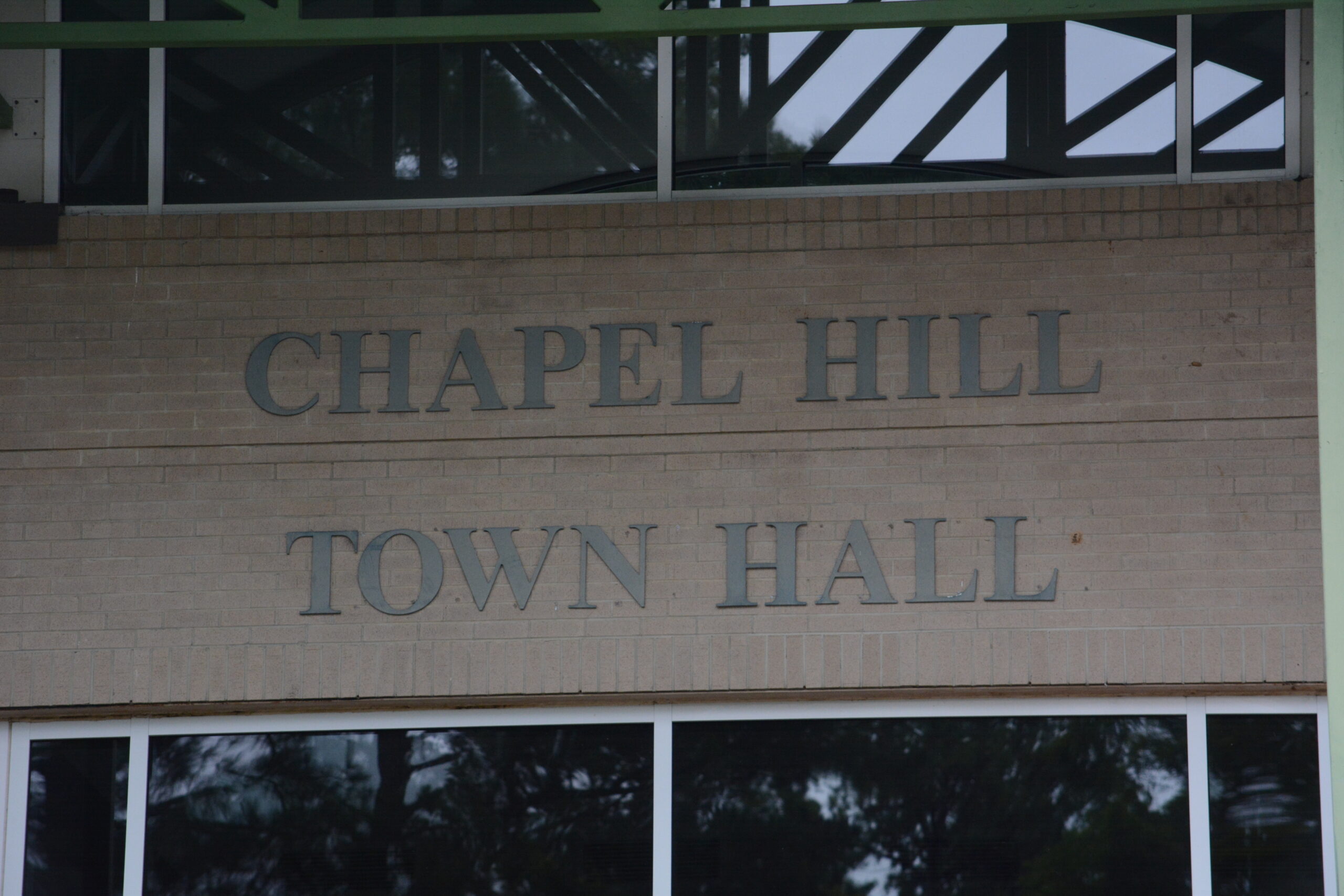Editor’s note: A previous version of this story incorrectly spelled Emma Ferriola-Bruckenstein’s name. This article has since been updated.
The Town of Chapel Hill created a criminal justice debt program to provide relief to formally incarcerated community members as they take steps forward to reintegrate into the community. Now, the town council recently approved changes to expand the program’s services by a 7 – 1 vote at their last meeting.
The debt fund, which was created last year, originally only applied to fees issued in Orange County. Chapel Hill Mayor Pam Hemminger said one change approved was to allow funds to be used for outstanding fees in other counties.
“If you live here but have a fee in another county we would be able to help you get that fee paid,” Hemminger said.
The initial program only served Chapel Hill residents, but Hemminger said the program will expand to include Carrboro residents.
“Carrboro is joining us in this effort,” Hemminger said. “We’re going to be partnered in this criminal justice fund together.”
Emma Ferriola-Bruckenstein, chair of the Criminal Justice Debt Program Advisory Committee, spoke at the town council meeting. She said the program would remove restrictions on violent felony convictions to determine eligibility of program funding. Instead, they will evaluate the age of the conviction, severity of the crime, and an individual’s ability to manage mental health or substance use issues.
“The fact that after a five year period, if not longer, they would have served their sentence and they would be reentering into the community,” Ferriola-Bruckenstein said. “So, someone would be in active reentry, they’d be seeking resources to obtain housing, obtain a job, care for their families. In spite of past criminal history the committee thinks it’s important to still give them the opportunity to apply to this resource if needed.”
A third change passed removed the restriction which limits applicants to applying to the debt relief fund once every three years. This is to prevent scenarios when the program might provide some help, but not enough for full restoration.
Several requirements must be met for community members to be eligible for the program. Applicants must not currently be incarcerated and must be on the road to stability in the community.
Applicants also must have outstanding criminal justice, or traffic fees or costs. These fees include post-conviction court costs, deferred prosecution court fees, and NCDMV license restoration fees. Fines or payments given during a sentencing are not included in the program.
To learn more about the Criminal Justice Debt Program, click here.
Photo via the North Carolina Judicial Branch
Chapelboro.com does not charge subscription fees. You can support local journalism and our mission to serve the community. Contribute today – every single dollar matters.

